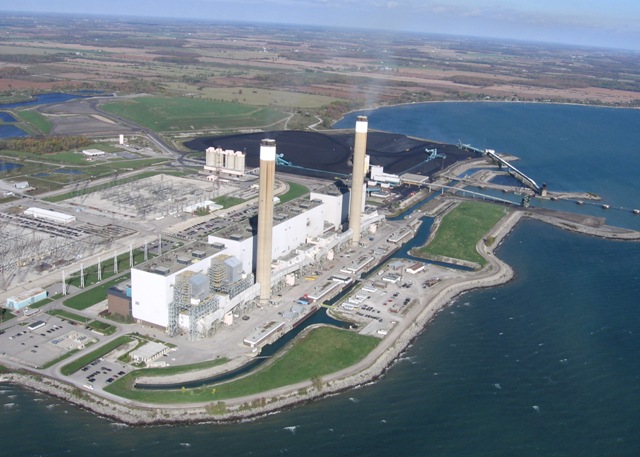President-elect Donald Trump's energy policies are expected to be a sharp departure from those of his predecessor.
During his campaign, Trump pledged to expedite and deregulate exploration and processing of fossil fuels, enact an "all-of-the-above" energy policy, and "bring back coal," among other promises.
That has led to concerns among renewable-energy advocates that Trump will reverse policies of the outgoing Obama Administration that have encouraged alternatives to fossil fuels and sought to limit carbon emissions.
DON'T MISS: Is Trump presidency the real market test for electric cars?
But many of those policies—and market trends they have helped to encourage—may not be so easily undone.
Renewable-energy growth has relied on government support, but now it may have reached the tipping point at which market forces will allow the industry to sustain itself.
That's the conclusion expressed by a group of energy experts in a renewable-energy roundtable discussion after the U.S. presidential election curated by law firm Chadbourne & Park LLP.

Photovoltaic solar power field at Volkswagen plant in Chattanooga, Tennessee
Recent significant growth in renewable energy was due largely to "technological advances that have reduced costs," as well as state-level policies, and federal tax credits, said Richard Glick, general counsel to Democrats on the Senate Committee on Energy on Natural Resources.
Even the sole element of that trifecta totally under the administration's control—tax credits—may not be affected, because energy-tax issues were not a significant focus of Trump's campaign, noted Joe Mikrut, a partner with lobbying firm Capitol Tax Partners.
"We are moving from a mandate-driven push market to a customer-driven pull market," said Kathy Weiss, First Solar vice president for government affairs.
ALSO SEE: Trump: Rick Perry to lead Energy Department he vowed to eliminate
Weiss said she "would caution against overstating our sector's dependence on government policy" to continue making advances in its viability.
Renewable energy is expected to account for 9 percent of U.S. electricity-generation capacity in 2017, up from 8 percent in 2016, according to the Department of Energy.
Given Trump's picks to head key federal agencies, renewable energy may have to continue advancing with limited government support.

Oil well (photo by John Hill)
To lead the Energy Department Trump chose former Texas Governor Rick Perry, a fossil-fuel supporter who once vowed to eliminate that very agency.
Trump's pick for Environmental Protection Agency administrator, Oklahoma attorney general Scott Pruitt, is a climate-change denier who has sued the EPA multiple times.
The tone of the incoming administration is clearly at odds with initiatives from the Obama Administration, including the Clean Power Plan that seeks to regulate greenhouse-gas emissions from power plants.
MORE: Trump's EPA head Pruitt: climate-science denier who sued the EPA many times
That set of EPA rules is currently tied up in the courts, but may otherwise be somewhat protected from tampering by Trump.
"It takes a pretty exhaustive process to reverse a final [EPA] rulemaking of any sort," noted Greg Wetstone, CEO of the American Council on Renewable Energy.
While finalized EPA rules are difficult to revoke, a court decision against it could still send the Clean Power Plan back to the EPA, which would give a Trump Administration appointee an opportunity to gut it.

Ontario Power Generation Nanticoke Generating Station coal power plant
But even if the federal government stops mandating emissions reductions for power plants, 19 states are already planning their compliance with the Clean Power Plan.
Those states can enact their own regulations and mandate continuing reductions in carbon emissions for the power plants within their borders.
Green Car Reports respectfully reminds its readers that the scientific validity of climate change is not a topic for debate in our comments. We ask that any comments by climate-change denialists be flagged for moderation. Thank you in advance for helping us keep our comments on topic, civil, respectful, and fact-based.
[EDITOR'S NOTE: Green Car Reports thanks our tipster, who prefers to remain an International Man of Mystery.]
_______________________________________________












